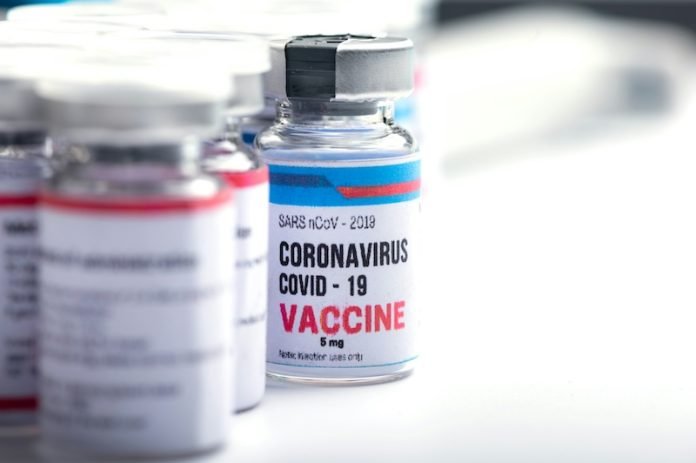
As COVID-19 continues to change, researchers are keeping a close eye on the virus and how vaccines stack up against new variants. A recent study by teams from the Francis Crick Institute and UCLH’s Biomedical Research Centre shines a light on why this vigilance is crucial.
Their findings, shared in a research letter in The Lancet, delve into the effectiveness of the latest COVID vaccines against these evolving strains.
The study zeroes in on a new type of vaccine designed to fight the XBB variant of omicron, following the World Health Organization’s guidance.
This monovalent vaccine, which targets a single strain, was put up against the older bivalent vaccines used in the UK last autumn. These older versions aimed at an omicron variant and the original COVID-19 strain together.
Both vaccines proved their worth by producing antibodies against the latest omicron strain, BA.2.86, which had been spreading. However, the newer monovalent vaccine had a significant edge, especially in fighting a variety of other omicron strains.
This was observed in a study involving 71 participants, where researchers measured antibody levels before and after these individuals received their fifth vaccine dose.
Results showed that while all participants had a boosted antibody response against all tested variants, including BA.2.86, those who received the monovalent vaccine saw their antibody levels against specific strains like XBB and BQ.1.1 triple after their booster shot.
Given that the omicron virus can spread easily and starts its journey in the nose and throat, the study also looked at antibody levels in the nasal cavity.
Here, the monovalent vaccine demonstrated its ability to increase mucosal antibodies against most tested variants, a feat the bivalent vaccine couldn’t match as effectively.
However, neither vaccine significantly boosted antibody levels in the nasal cavity against the newest BA.2.86 variant. This suggests that while current vaccines may not prevent transmission or mild cases of COVID-19, they continue to offer protection against severe illness.
The research underscores the necessity of updating vaccines regularly and developing new treatments that can keep up with the virus’s evolution.
As Emma Wall, a leading researcher in the study, points out, the UK’s decision to use up its stock of older vaccines was beneficial last winter. Yet, with the virus’s constant changes, there’s a need for vaccines that can block transmission and protect against all variants.
David LV Bauer, another key researcher, notes the challenge of keeping up with the virus’s rapid evolution. However, through continuous monitoring and swift laboratory analyses, scientists can stay ahead, ensuring our responses to the pandemic are informed and effective.
This study highlights the ongoing battle against COVID-19 and the importance of adapting our strategies as the virus evolves. It’s a reminder of the need for worldwide vigilance and the critical role of science in guiding us through this pandemic.
If you care about COVID-19, please read studies about vitamin D deficiency linked to severe COVID-19, death, and how diets could help manage post-COVID syndrome.
For more information about COVID, please see recent studies that low-sodium plant-based diets may prevent COVID-19 better, and results showing zinc could help reduce COVID-19 infection risk.
The research findings can be found in The Lancet.
Copyright © 2024 Knowridge Science Report. All rights reserved.



